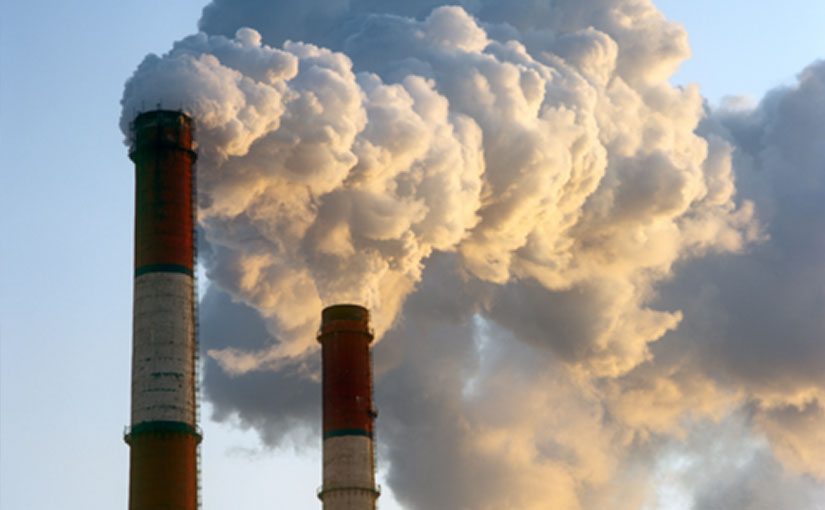Public interest groups protest outside of Export Development Canada headquarters in Ottawa, tell federal government to keep promise to end the agency’s $15 billion in oil and gas support
Ottawa | Traditional, unceded territory of the Algonquin Anishinaabeg People | Today, activists and organizers in Canada joined their counterparts in Ghana, the United States, the United Kingdom, Japan and Belgium in an International Day of Action to #StopFundingFossils. In Canada, the gathering is being held at Export Development Canada headquarters, 150 Slater St in Ottawa at 10 AM. Despite promises to end public financing for fossil fuels, so far this year the Government of Canada has already committed up to $15.4 billion in public financing to the oil and gas industry through crown corporation Export Development Canada.
The Government of Canada has a long-standing commitment to end fossil fuel subsidies. In addition, last year at the global climate conference in Glasgow, UK, Canada joined 39 other countries and institutions — including the US, UK and Germany — in a pledge to end public financing for international fossil fuel projects. Research shows that if countries follow through on their Glasgow commitment, this will directly shift $38 billion a year out of fossil fuels and into clean energy, an amount that is more than double the signatories’ international clean energy finance. Since signing the agreement, many countries including the UK, Denmark and France have implemented the agreement with new rules.
Canada is one of only a handful of signatories with significant public finance flows that has still not turned the Glasglow pledge into action. Canada is under extra scrutiny as the largest international fossil fuel financier both in the G20 and among the signatories of the pledge. Through Export Development Canada, Canada provided $13 billion per year on average from 2018 to 2020. By comparison, Canada’s support for clean energy is meager: amounting to 14.5 times less than its support for fossil fuels.
In 2022, Export Development Canada has so far:
- administered up to $12 billion in financing for the construction of the Trans Mountain expansion pipeline. This financing was approved by the finance and trade ministers and includes a $10-billion loan guarantee approved by the Finance Minister;
- provided up to $3.4 billion to dozens of oil and gas companies, both in Canada and abroad. This includes:
- financing of up to $75 million for Parex, a Canadian company involved in fracking operations in Colombia and linked to human rights violations
- a loan of up to $500 million for the construction of the Coastal GasLink Pipeline, a fracked gas pipeline in northeastern BC that is opposed by the Hereditary Chiefs of the Wet’suwet’en Nation, whose territory the pipeline crosses
Protestors rallied outside the office of crown corporation Export Development Canada in Ottawa to call on the federal government to keep their promises to end fossil fuel subsidies and prioritize a clean and just energy transition. The other events today include a protest outside the White House in Washington, actions outside government offices in Tokyo and Amsterdam and a protest in Ghana with African civil society calling for support for clean energy.
**
Quotes:
“Canada continues to fuel climate disaster by providing billions to oil and gas companies – $15 billion and counting in 2022. It’s long past time for Canada to keep its promise to stop funding fossils. Eliminating public financing for fossil fuels will free up billions of dollars to support climate solutions – that’s how Canada will thrive as the world moves beyond oil and gas.” Julia Levin, National Climate Program Manager, Environmental Defence Canada
“Canada can choose to become a part of the solution, or it can choose to continue propping up oil and gas with more public finance than any other G20 country. The Glasgow pledge provides a crucial test: if Canada drags its heels or carves out exceptions for false solutions like gas or carbon capture, then the world will be within its right to question Canada’s commitment to a fossil-free future.” Karen Hamilton, Director, Above Ground
“While Canada’s peers are acting on their promise to stop funding fossils by the end of this year, it’s updated policy is still missing and 2022 is already one the biggest years for Canadian support for oil and gas on record. Public finance shapes our future energy systems, and right now the Canadian government locking us into an fossil fueled future we can’t afford — for energy security, stranded assets, or climate.” Bronwen Tucker, Global Public Finance Co-Manager, Oil Change International
Additional Resources
- Backgrounder: Canada Under Pressure to End International Public Finance for Fossils Ahead of COP27 Deadline (attached)
- Oil Change International has compiled this media supplement that outlines country-level progress on implementation of the Glasgow Statement, that will be regularly updated in the lead up to and during COP27.
- In May 2022, 113 organizations sent a letter to Cabinet Ministers urging the government to demonstrate true leadership by going beyond the commitments made to date and eliminate all subsidies, public financing and other forms of financial support from the Government of Canada and federal crown corporations directed to the oil and gas sector by the end of 2022.
- In its latest report, the IPCC highlighted public finance for fossil fuels as ‘severely misaligned’ with reaching the Paris goals, but if shifted, could play a critical role in closing the mitigation finance gap, enabling emission reductions and a just transition. More background on the role international public finance plays in shaping energy systems is available in this Oil Change International briefing.
- Oil Change International’s Public Finance for Energy Database shows that G20 countries and the major multilateral development banks (MDBs) provided at least USD 63 billion per year in international public finance for oil, gas and coal projects. Laggard Glasgow Statement signatories Canada, the United States, Italy and Germany are among the 10 worst culprits.
- A legal opinion by Professor Jorge E Viñuales from the University of Cambridge and Barrister Kate Cook of Matrix Chambers argues that governments and public finance institutions that continue to finance fossil fuel infrastructure are potentially at risk of climate litigation.






